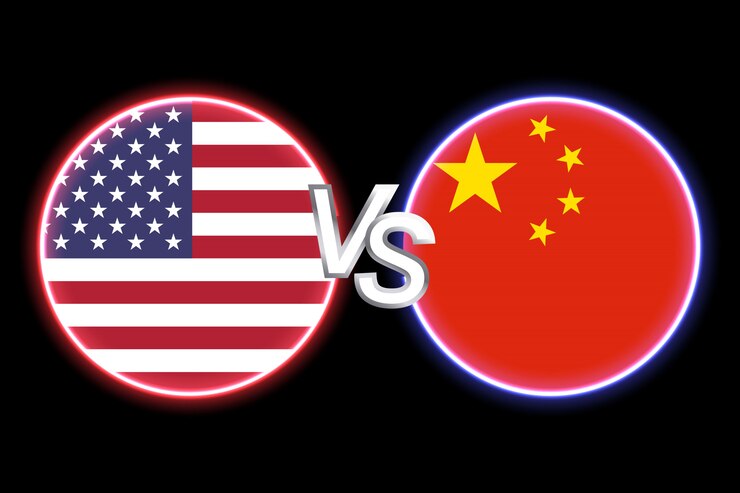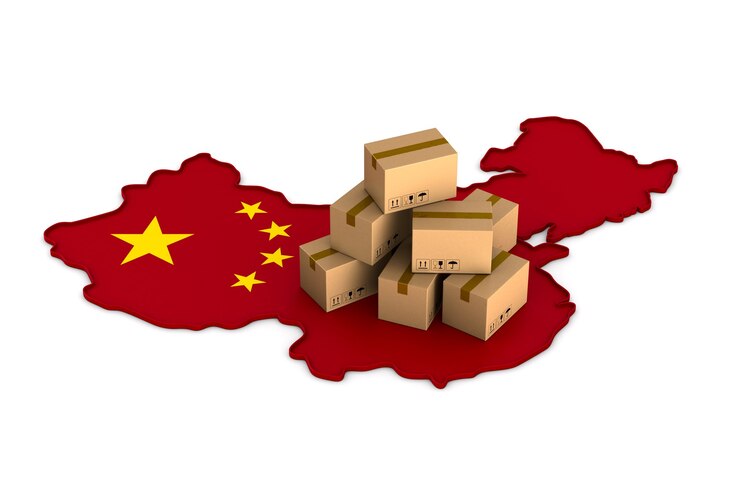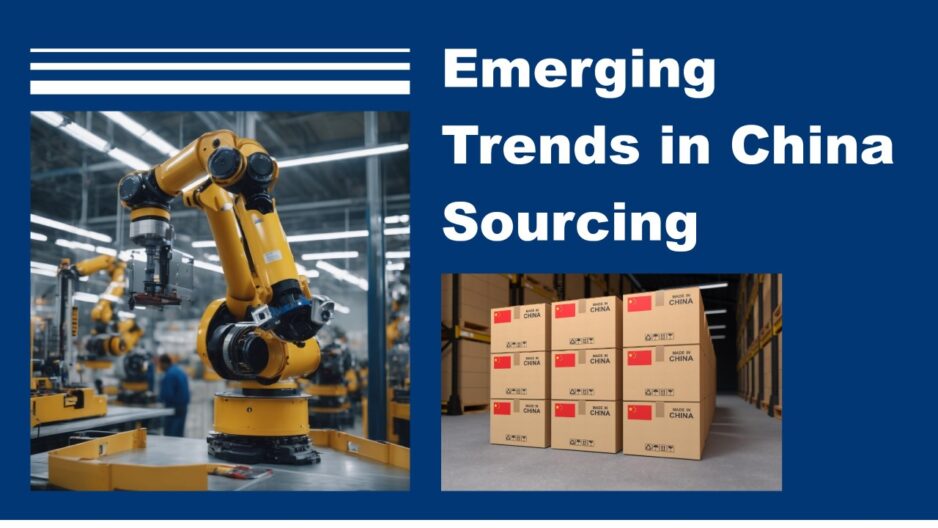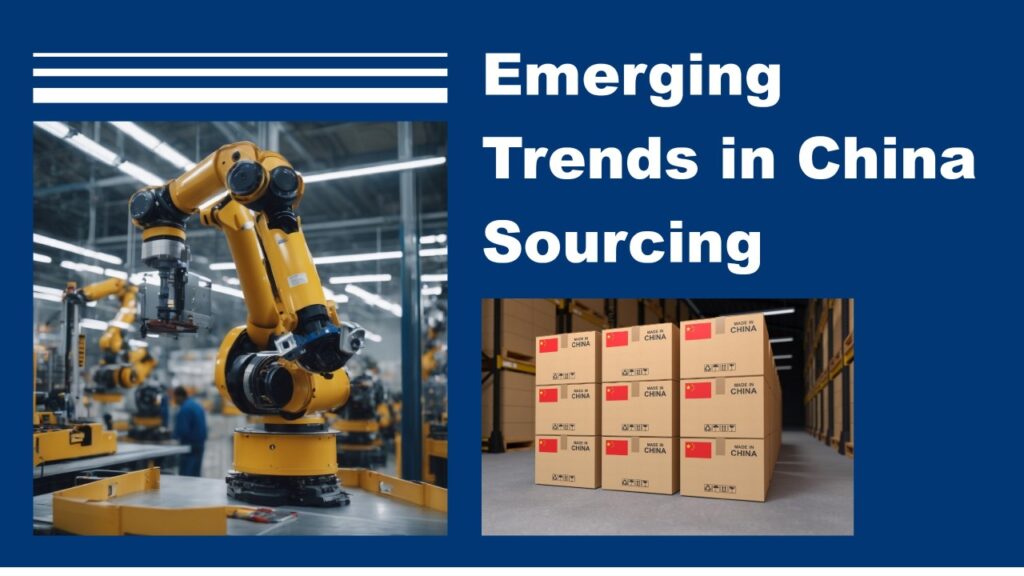The ongoing debate between American-made and China-bought products has captured the attention of importers, especially recent political tensions, trade wars, and tariffs. But should they buy directly from China or invest in American-made products?

We’ll explore this issue by looking into an interesting analysis about the differences in costs of American Made vs. Bought in China by Westrom, a company that delivers parts and products from China to US buyers.
Previous comparisons between US-made and China-bought products often focused on limited factors like first costs, shipping costs, lead time, etc.. However, for a thorough cost analysis, Westrom highlights a broader range of key components, including those mentioned below:
- Direct & Indirect Materials
- Production Scheduling
- Capital Asset Costs
- Finished Goods Inventory Holding
- Raw Materials Holding
- Supply Chain Responsiveness
- Obsolescence and Trading Position
By taking these aspects into account, you can make a more informed decision about where to source your products.
Why Choose American Made?
American-made products offer several compelling advantages:
- Simplicity: They require less management and are less labor-intensive, which is particularly beneficial for businesses that can’t handle the complexities of outsourcing.
- Control: Keeping your supply chain closer to home allows for better control over quality, logistics, and intellectual property.
- Cost Savings: Reduced logistics costs, lower tariffs, and shorter lead times can lead to significant cost savings, which also minimizes the need for large inventories.
Why Consider China Direct Buying?
However, there’s a strong case for China direct buying:
- Cost Efficiency: For many products, buying directly from China can be considerably more cost-efficient.
- Lower Capital Requirements: China’s lower labor costs are sometimes offset by lower productivity. Still, this is balanced by significantly reduced capital expenditures (CAPEX) in China, which can be up to 46 times less than in the USA.

In conclusion, Westrom’s case study points out that there’s no universal solution when deciding whether to buy direct from China or bring your supply chain home. It depends on your specific circumstances and the factors that matter most to your business. Careful consideration of these variables is essential for making the right choice in today’s global market.
In the coming weeks, we will continue exploring this important issue, uncovering more details and tips to assist importers in making the right decision. Stay tuned for more insights.
Experts in the Automotive Industry Asia
You need one, but don`t want to hire one permanently?
Our solution: To rent our experts
- On pay-to-use basis
- Completely flexible
- Contract can be cancelled any time
Clearly represented reports and dashboards inclusive!















